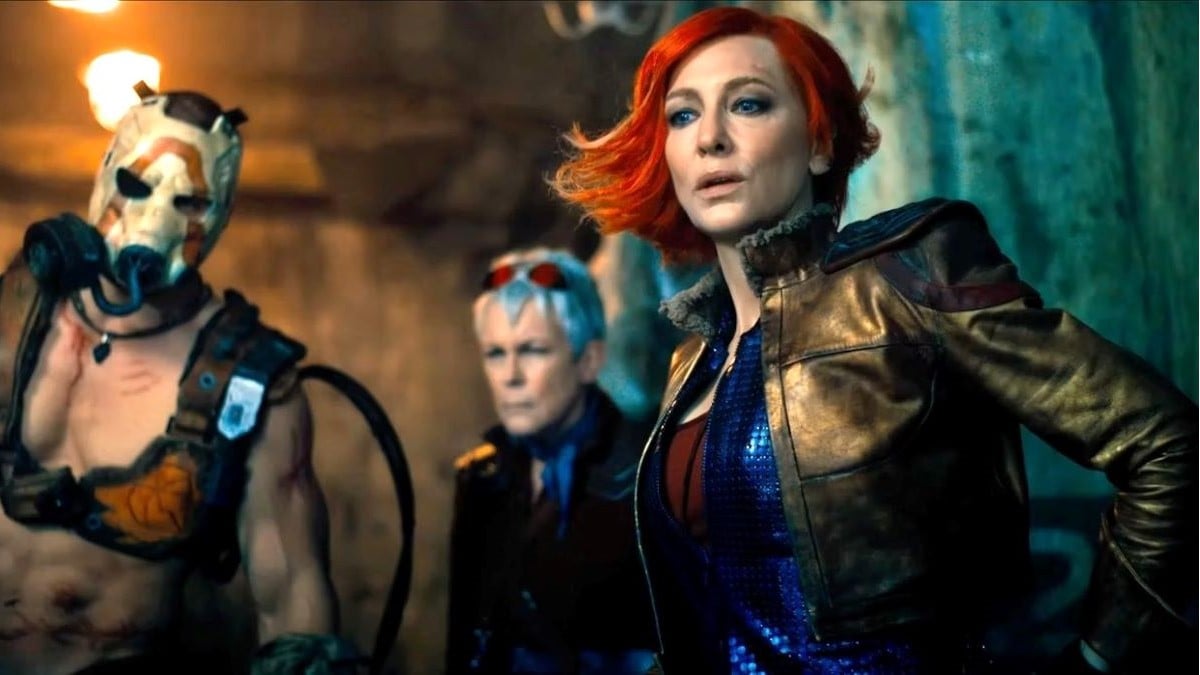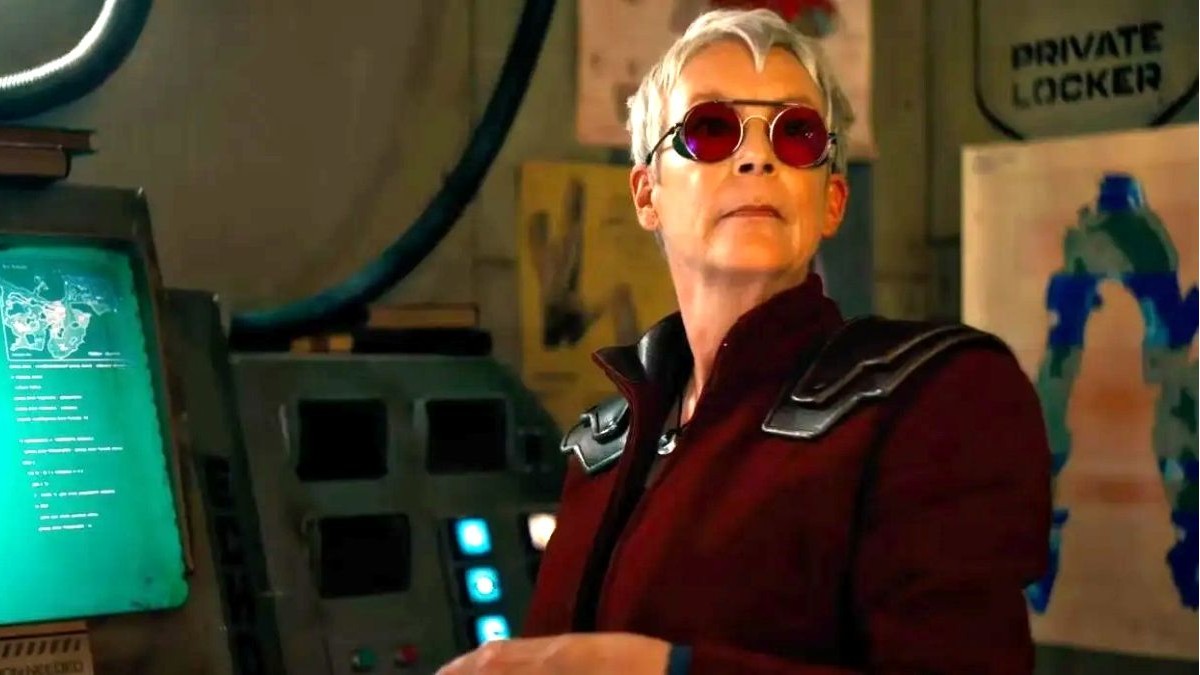Every now and again, we bear witness to a theatrical film whose release date looks more like a flyer for its public execution. Last year, that distinction went to Eli Roth’s Borderlands, a robustly inconsequential nothing-burger that threatened to undo all the hard work Arcane and The Last of Us did for the reputation of video game adaptations.
No sooner had the world caught wind of the movie’s trailer did the fate of Borderlands become a regrettable inevitability. A $33 million box office haul against a $110-$120 million budget would soon follow alongside a Rotten Tomatoes score that just barely made it into the double digits, and now, five-ish months later, the legacy of Borderlands doesn’t go beyond the Starz charts.
Per FlixPatrol, Borderlands has etched itself into the United States’ Starz film charts with an eighth place finish at the time of writing, sandwiched between a ninth place The Lost World: Jurassic Park and a seventh place Ghostbusters, one of the greatest workplace comedy films of all time, probably.
Borderlands stars Cate Blanchett as Lilith, a bounty hunter who returns to her home planet of Pandora to rescue the daughter of a rich douchebag named Atlas. But Lilith soon realizes that Atlas wants his daughter back against her will, and so she winds up teaming up with her and a ragtag band of misfits on a rollicking adventure across an alien wasteland.

Now, Borderlands may be the exact, cardboard slopfest that the world has made it out to be, but there’s actually a none-too-distant parallel universe where this film is one of the most riotously intelligent meta-commentaries to ever come out of the pop culture zeitgeist.
For roughly the first third of the movie, Blanchett’s Lilith is almost perfectly coded as the avatar of a gamer; all she cares about is using the tools and resources at her disposal to complete her objective, and only ever shows emotional interest in the character Tina, who we find out is the MacGuffin pertaining to Lilith’s quest. She doesn’t care about the rest of the world, its lore, its characters, or any sort of narrative-rooted emotion that Borderlands might claim or pretend to have, because those things are not useful to her journey.
This speaks directly to the staunch structural differences between films and video games, and how the foundational value of a game is becoming more and more extinct as modern games try to be more narrative-driven and cinematic. The part of one’s brain that gets activated by engaging with gameplay is much different from the one that absorbs a great story, and trying to stimulate both of those parts at once — as so many modern games do — only succeeds in compromising the game’s gameness.
Indeed, there’s a real wisdom to Borderlands‘ protagonist only valuing the “gameplay” of the situation. Unfortunately, this short-lived boon is ultimately given up in favor of giving more screen time to characters we don’t care about, getting Lilith more emotionally involved in a story that doesn’t care about being a story, and generally just failing to convince us that this movie was anything more than a VFX-loaded Venmo for Blanchett, Jack Black, Kevin Hart, and Jamie Lee Curtis.











Published: Jan 7, 2025 02:12 pm